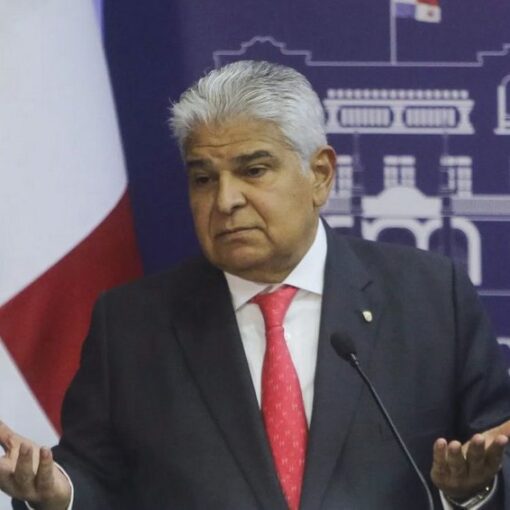In Spanish, there’s no verb that matches the sheer versatility of the English verb “to get.” However, the word “dar” comes close, offering a wide range of meanings and expressions. “Dar” translates to “to give,” but in Spanish, it can be used in so many more contexts. Here’s a breakdown of some of the most common and useful expressions involving the word “dar,” a verb that often surprises learners with its flexibility and widespread usage.
Expressions Using “Dar”
- ¡Dale! – A common expression in Costa Rica and other Spanish-speaking countries, meaning “Hurry up!” or “Keep it up!”
- A todo dar – This phrase conveys something is wonderful or full of energy.
- Dar a conocer – Meaning “to make known” or “to announce,” this expression is commonly used when sharing news or information.
- Dar a entender – Used to indicate that someone is hinting at something or subtly suggesting something without saying it outright.
- Dar a luz – One of the most beautiful uses of “dar,” this means “to give birth,” literally translated as “to give to light.”
- Dar con – Meaning “to find” or “to hit upon,” this expression is helpful when you’re searching for something or someone.
- Dar cuerda – This can mean “to prolong” a conversation or situation, or “to encourage” someone to continue.
- Dar la cara por – Translated as “to stand up for someone,” this phrase is used when defending someone’s honor or actions.
- Dar la espalda – Meaning “to turn one’s back on,” this is often used when someone chooses to ignore or reject someone else.
- Dar en el clavo – A commonly heard phrase meaning “to hit the nail on the head,” it’s used when someone gets something exactly right.
- Dar guerra – This phrase means “to make trouble” or “to cause problems,” often in a playful or teasing way.
- Dar las gracias – One of the simplest and most important expressions, meaning “to give thanks.”
- Dar por hecho – This means “to take for granted” or “to assume something is a given.”
- Dar rienda suelta a – Translated as “to give free rein to,” it’s used when someone lets their emotions or creativity flow without restraint.
- Darse cuenta de – Meaning “to realize” or “to catch on,” this is used when you become aware of something.
- Darse prisa – One of the most useful phrases, meaning “to hurry up.”
- Darse por vencido – A more serious expression meaning “to give up” or “to surrender.”
These expressions show how integral “dar” is to everyday Spanish, particularly in Costa Rica. Learning these phrases can greatly enhance your ability to communicate and understand the language. From giving thanks to hitting the nail on the head, the verb “dar” opens up a world of expressions that enrich the Spanish language and help learners like you navigate conversations with greater ease.
So, as you continue to immerse yourself in Costa Rica’s culture and language, take the time to learn and practice these common “dar” expressions. They will undoubtedly help you navigate social situations and improve your Spanish fluency, making your experience in Costa Rica even more enjoyable!
Source link
Tico Times


